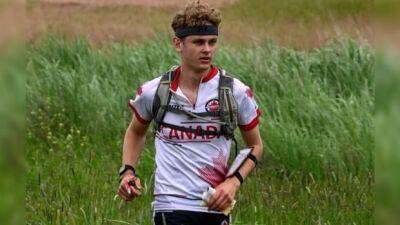Early bodychecking doesn't prevent hockey injuries, study finds
EDMONTON — Introducing young hockey players to bodychecking at an early age doesn't protect them from injury as they move into older, harder-hitting leagues, new research has concluded.
In fact, the opposite may be true, said Paul Eliason of the University of Calgary, lead author of a new paper in the Canadian Medical Association Journal.
"More bodychecking experience is not protective against injury and concussions," he said. "The rates of injury and concussion were actually substantially higher among those who had more bodychecking experience."
The study, conducted with the co-operation of Hockey Canada and hockey organizations in Edmonton and Calgary, was done in response to decisions by most Canadian minor hockey associations to forbid bodychecking until players reach the age of 15. Some feared the move would create more injuries, since players at that level would be forced to deal with physical contact without having learned how to take a hit in lower leagues.
Eliason and his colleagues looked at data from thousands of shifts played by hundreds of hopeful Connor McDavids and Sidney Crosbys in rinks both small-town and big-city.
The team compiled information from 941 players, some of who participated for more than one season. The data includes both boys and girls, but not from girls-only leagues, where bodychecking is not allowed.
They compared injuries suffered by young players 15 to 17 with little experience bodychecking and those with at least three years of it. The differences were stark.
Kids at that level who were experienced bodycheckers suffered injuries at a rate more than 2 1/2 times greater than the non-checkers.
The rates of serious injury were even higher. Collisions that took kids out of play for at








